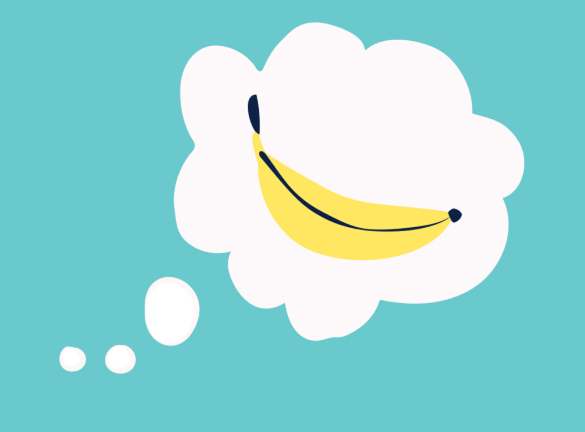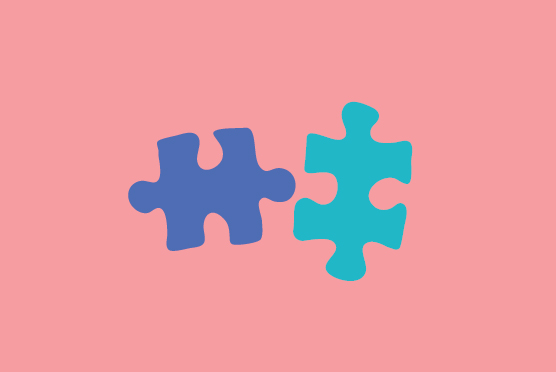Inside this article
As a parent, ensuring that your child gets a good night’s sleep is essential for their health, mood, and overall development. But did you know that what we eat can influence our sleep? The foods your family consumes could either promote restful sleep or contribute to a restless night. In this blog, we’ll explore the science behind sleep-supporting nutrients and highlight foods that could help you and your child achieve a more restful slumber.
The science of sleep-supporting nutrients
Several nutrients play a crucial role in promoting good sleep. Understanding these can help you make better dietary choices for your family, setting the stage for a peaceful night’s rest.
Tryptophan
Tryptophan is an essential amino acid found in protein-rich foods. It plays a pivotal role in the production of serotonin and melatonin, two hormones that regulate sleep. Serotonin helps stabilise mood and influences sleep patterns, while melatonin controls the sleep-wake cycle. When tryptophan levels in the blood increase, so do serotonin and melatonin, which can directly improve sleep quality. Protein-rich foods such as poultry, dairy, eggs, nuts, seeds and soy are good sources of tryptophan
Melatonin
Melatonin is the hormone responsible for regulating your sleep-wake cycle. The body produces more melatonin when it gets dark, signalling that it’s time to sleep. As the sun rises and light exposure increases, melatonin production decreases, helping you wake up. Ensuring that your diet includes melatonin-rich foods could support better sleep.
Magnesium
Magnesium is a mineral that helps the body relax and can contribute to better sleep. While children typically get enough magnesium from their diet, it’s important to include magnesium-rich foods to ensure they’re meeting their needs. Foods like whole grains, leafy greens, nuts, seeds, and legumes are excellent sources of magnesium.
Sleep-supporting foods
Incorporating the following foods into your family’s diet can help promote better sleep:
- Bananas: They are rich in magnesium, potassium, and tryptophan and make a great bedtime snack. Try blending one banana with a cup of milk or soy milk for a soothing drink.
- Almonds and seeds: These are high in tryptophan, magnesium, and healthy fats, making them excellent for promoting relaxation and sleep.
- Dairy products: Yoghurt, milk, and cheese contain tryptophan, which helps in producing melatonin and serotonin. Contrary to popular belief, cheese does not cause nightmares just make sure not to overindulge before bedtime.
- Cherries: Particularly tart cherries have been found to naturally boost melatonin production. A glass of cherry juice or a serving of fresh, frozen, or dried cherries before bedtime can be beneficial.
- Oily Fish: Fish like salmon and tuna are rich in omega-3 fatty acids and vitamin D, which help regulate serotonin levels and improve sleep quality.
- Wholegrain Cereals: A small bowl of wholegrain cereal can help increase tryptophan availability in the bloodstream, but avoid sugary options as they can cause a sugar rush and excess energy at bedtime. Similarly, oats are high in tryptophan, so a cosy bowl of porridge made with milk can be a great bedtime snack.
- Leafy Greens: Spinach, kale, and broccoli are high in magnesium, which aids in relaxation and can improve sleep. Adding an extra portion of greens to dinner can be a great way to incorporate these.
The Mediterranean diet and sleep
Research suggests that adhering to a Mediterranean diet, rich in fruits, vegetables, whole grains, nuts, and fish, is associated with better sleep quality. This diet’s emphasis on nutrient-dense foods has been shown to help regulate sleep patterns and improve overall sleep health.
Herbal teas
Herbal teas can also play a role in promoting sleep. Chamomile tea, for example, has been shown to alleviate depression and improve sleep quality in postpartum women. Lavender tea has also been linked to enhanced sleep quality. These teas can be a calming bedtime ritual for both adults and children.
Foods to avoid before bedtime
Certain foods can disrupt sleep, and it’s best to avoid them for both you and your children close to bedtime:
- Sugary foods: Snacks like biscuits, sweets, or ice cream provide a quick energy boost that can keep your child awake.
- Heavy or large meals: Eating a large meal too close to bedtime can cause discomfort and make it harder to fall asleep. Try an earlier dinner time if possible and include a smaller snack closer to bedtime if needed.
- Fatty foods: Foods high in fat, such as chips or crisps, can be difficult to digest and may lead to acid reflux, disrupting sleep.
- Tomatoes: Their acidity can cause heartburn, making sleep uncomfortable.
- Foods containing caffeine: Caffeine’s stimulating properties can keep you awake if foods or drinks containing it are consumed too close to bedtime.
- Alcohol: For some people, alcohol may seem like a good idea to help with falling asleep, but it can reduce the overall quality of sleep.
Sleep hygiene for the whole family
In addition to a sleep-supporting diet, practising good sleep hygiene is essential for helping us to go to sleep easily as well as stay asleep. Establishing a consistent bedtime routine, limiting screen time before bed, and creating a calm, dark, and quiet sleep environment can all contribute to better sleep for both you and your children
Conclusion
By incorporating sleep-supporting foods into your family’s diet and being mindful of what to avoid before bed, you can help your child achieve better sleep. With these tips, both you and your little ones can wake up feeling rested, refreshed, and ready to take on the day.
Reviewed and updated on 20 February 2026









